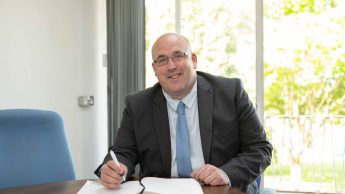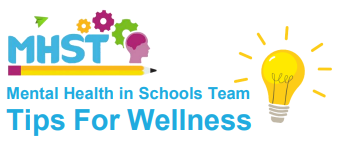It’s more than just working with numbers
Numeracy is not simply the ability to calculate with numbers and symbols. It has a broader definition and involves the wider uses of mathematics in our lives. It encompasses the ability to put mathematical knowledge and skills to functional use as well as the ability to pose and solve mathematical problems in a variety of situations and having the interest and motivation to do so.
Numeracy is a key skill in students’ learning and we aim to give all students quality experiences in this area. The teaching of numeracy is the responsibility of all staff. We endeavour to ensure that materials presented to students will match their capability both in subject content and in numerical demands. Teachers from the Mathematics department work closely with other departments to support their teaching of numeracy.
We want all students to be able to cope with the numerical demands of everyday life and we provide numerous opportunities for students to:
- interpret data, charts and diagrams
- process information
- solve problems
- check answers
- understand and explain solutions
- make decisions based on logical thinking and reasoning
Useful information for parents
The easiest way to help your child is to engage them with number-related activities. These might be calculations with money, talking about bills, finding the best deals, etc. Numeracy is largely about using maths to solve problems, and reasoning, which can come into so many things that adults often take for granted, but that are perhaps not so obvious for a teenager.
Useful websites to support numeracy
- BBC Skillswise aimed at: key stages 3 and 4, a fantastic website from the BBC which is aimed at bringing you up to speed with all the key kills that students need to succeed at maths today.
- Nrich aimed at all key stages. If your child can do a few puzzles a week on this site, it will do them a lot more good than re-reading the textbook ever will. These puzzles teach children how to think and solve problems for themselves, which are essential skills for success at maths and all subjects. Each puzzle comes complete with a worked answer and details of the thought processes involved.
- Math Mistakes aimed at all key stages. Lots of mistakes made by real students, which can form the basis of a useful discussion of a topic, and hopefully ensure your child does not make the same mistakes.
Useful information for students
Use your exercise book whenever necessary to support your strategies when solving a problem, or to make notes of a problem that you need further assistance with.
Attempt to use key words learnt in mathematics lessons to support your learning in other subjects.
Sharing the work you’ve done in school with your parents/carers and emphasise where you’ve used your numerical skills.





